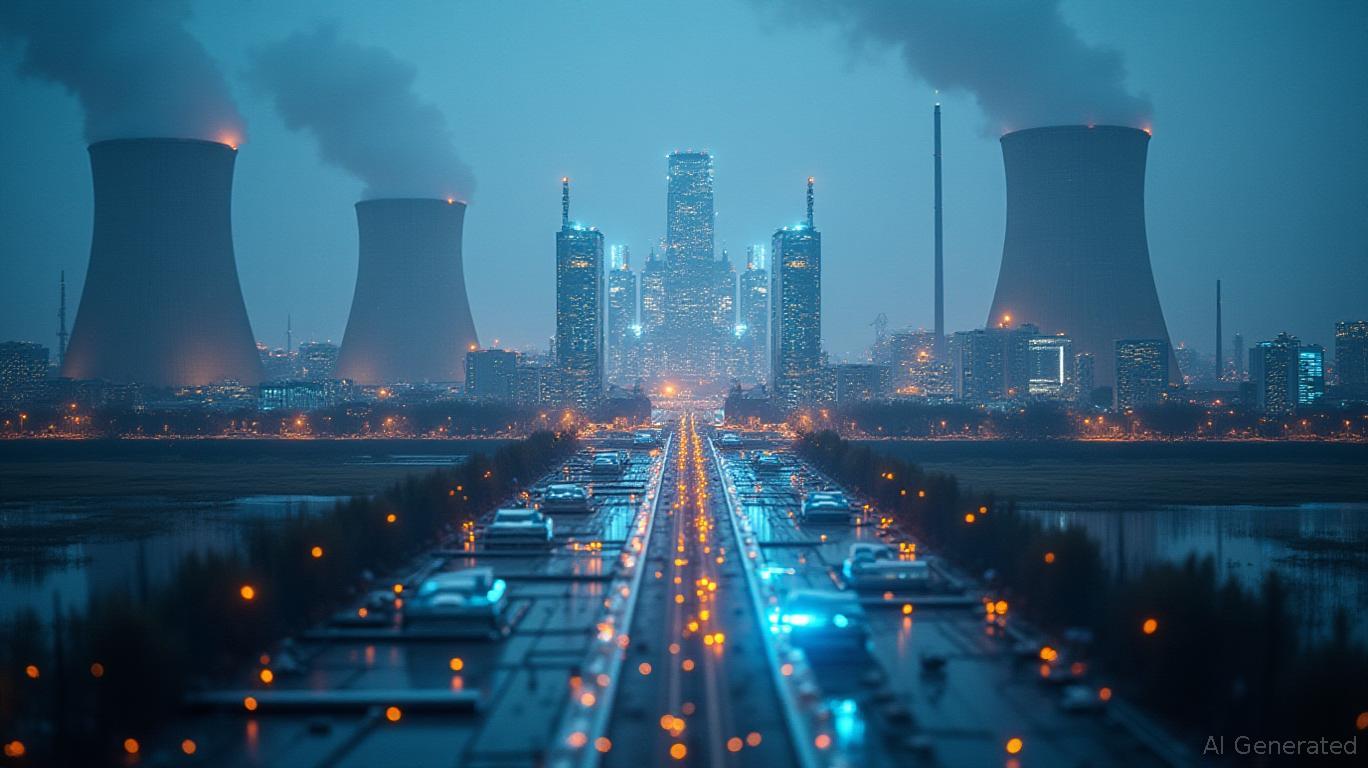Missouri’s consideration of nuclear energy expansion is primarily driven by the anticipated rise in electricity demand from data centers, particularly those associated with artificial intelligence. During a recent conference in Columbia, Missouri officials asserted that this potential surge demands a significant increase in energy capacity. The state’s only operating nuclear facility, located in Callaway County and active for over four decades, has been their focal point. Doug True, the senior vice president and chief nuclear officer at the Nuclear Energy Institute, emphasized the need for more nuclear power to meet future electricity demands as the digital era advances.
The backdrop for this discussion is Missouri’s participation in a national Nuclear Summit, which aims to address the strategic implementation of new nuclear projects. The Summit took place at the Missouri Theatre, spearheaded by the National Governors Association and the Department of Energy, with Missouri being one of the seven states highlighted for its nuclear potential.
Despite the enthusiasm for nuclear energy, skepticism exists among experts regarding the actual materialization of such AI data centers in Missouri. While Approved initiatives, such as a prospective data center in St. Charles, offer some optimism, the general consensus remains that neither company commitments nor Missouri’s energy infrastructure can be considered guaranteed. As the presence of data centers is often shrouded in confidentiality, the willingness of companies to choose Missouri remains uncertain.
Energy experts, including Missouri Partnership CEO Subash Alias, have voiced concerns that Missouri might not be the first choice for data center operations. The attraction of data centers often depends on various factors like existing infrastructure and state incentives, areas where Missouri might lag behind other states. Furthermore, as data centers increasingly adopt independent energy sources, the incentive to augment the state’s nuclear capacity becomes speculative.
Simultaneously, the summit illustrated the potential advantages of nuclear energy, not just as a sustainable source of power but also as a means to reduce reliance on energy imports and lower greenhouse gas emissions. Governor Mike Kehoe and officials from Missouri’s Department of Natural Resources pushed for this type of integration as crucial to the state’s energy portfolio.
Nonetheless, the discussion around expanding nuclear energy in Missouri highlights substantial risks and challenges. Historical precedents suggest potential financial burdens on residents, as well as concerns regarding the economic viability of nuclear projects. Nuclear energy projects, like those in Georgia, showcase frequent delays and cost overruns, and the shift towards “Construction Work In Progress” (CWIP) could place financial liability on Missouri’s ratepayers before plants are operational.
On the other hand, Missouri hopes the nuclear expansion will be mutually beneficial, improving both energy stability and local economies. Research facilities at the University of Missouri, which advances nuclear medicine, spell additional justifications for more nuclear reactors, extending beyond mere power generation. The construction of a new research reactor at the University underscores these dual intents.
The discussions on nuclear power amidst regulatory changes, such as reduced incentives for renewable energy installations, frame a complex decision-making backdrop. Yet, whether Missouri embraces traditional reactors or small modular reactors, a definitive course of action remains open for deliberation. State endeavors to expand into nuclear energy reflect an ambition constrained by fiscal realities and the quest to meet growing energy requirements responsibly.

